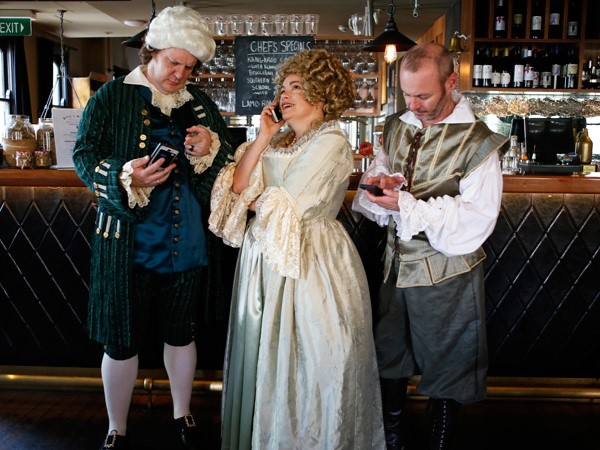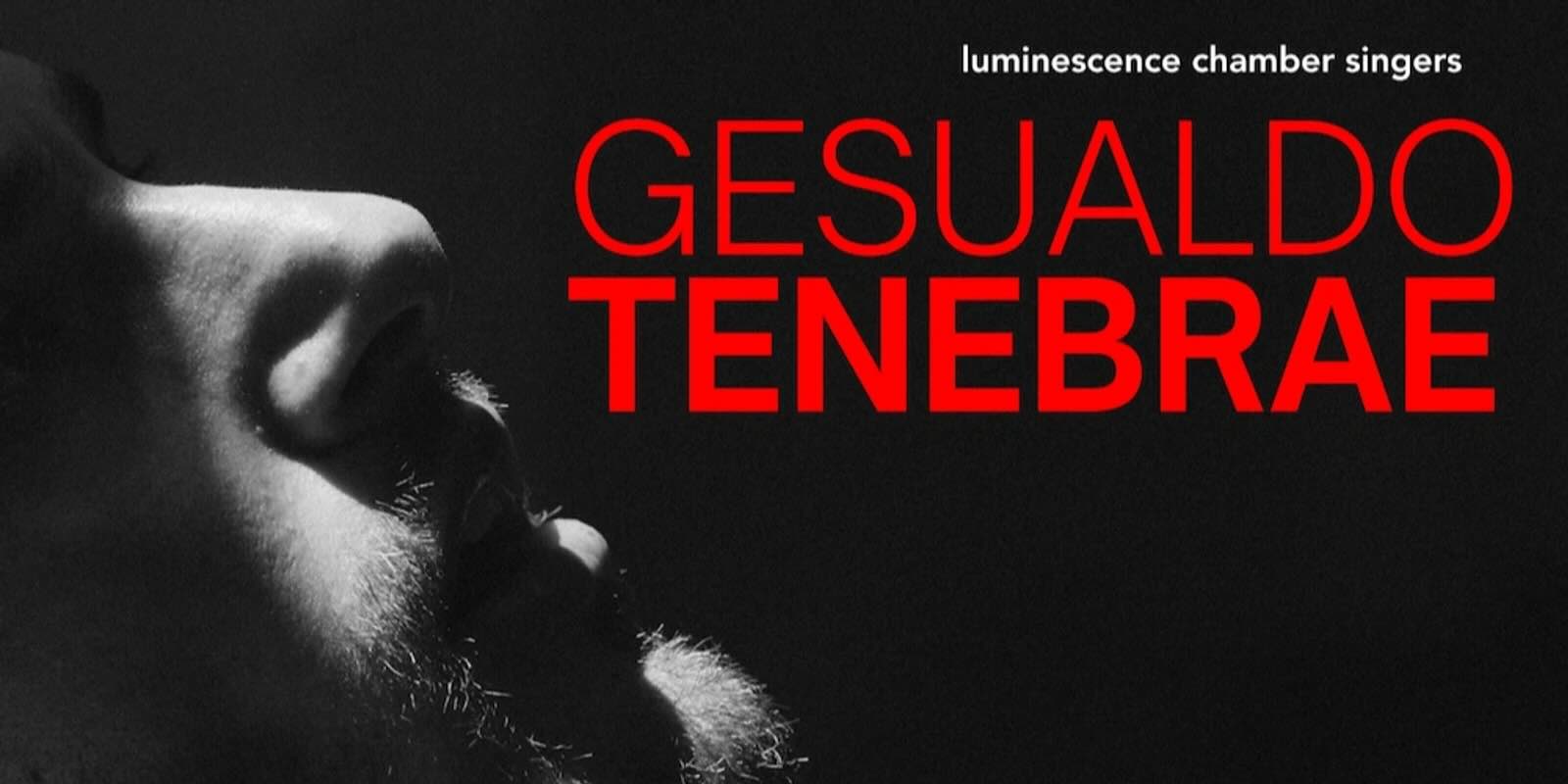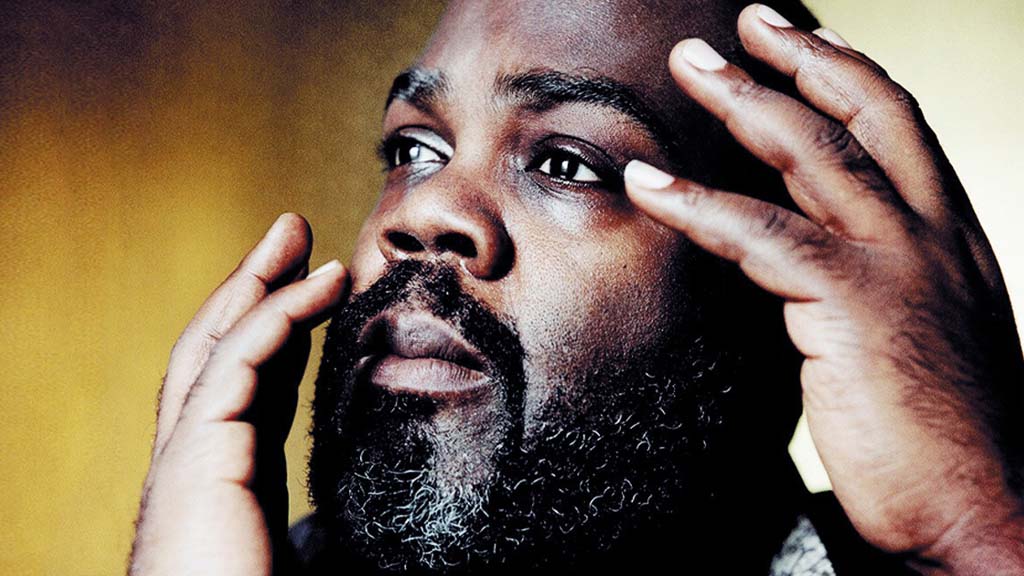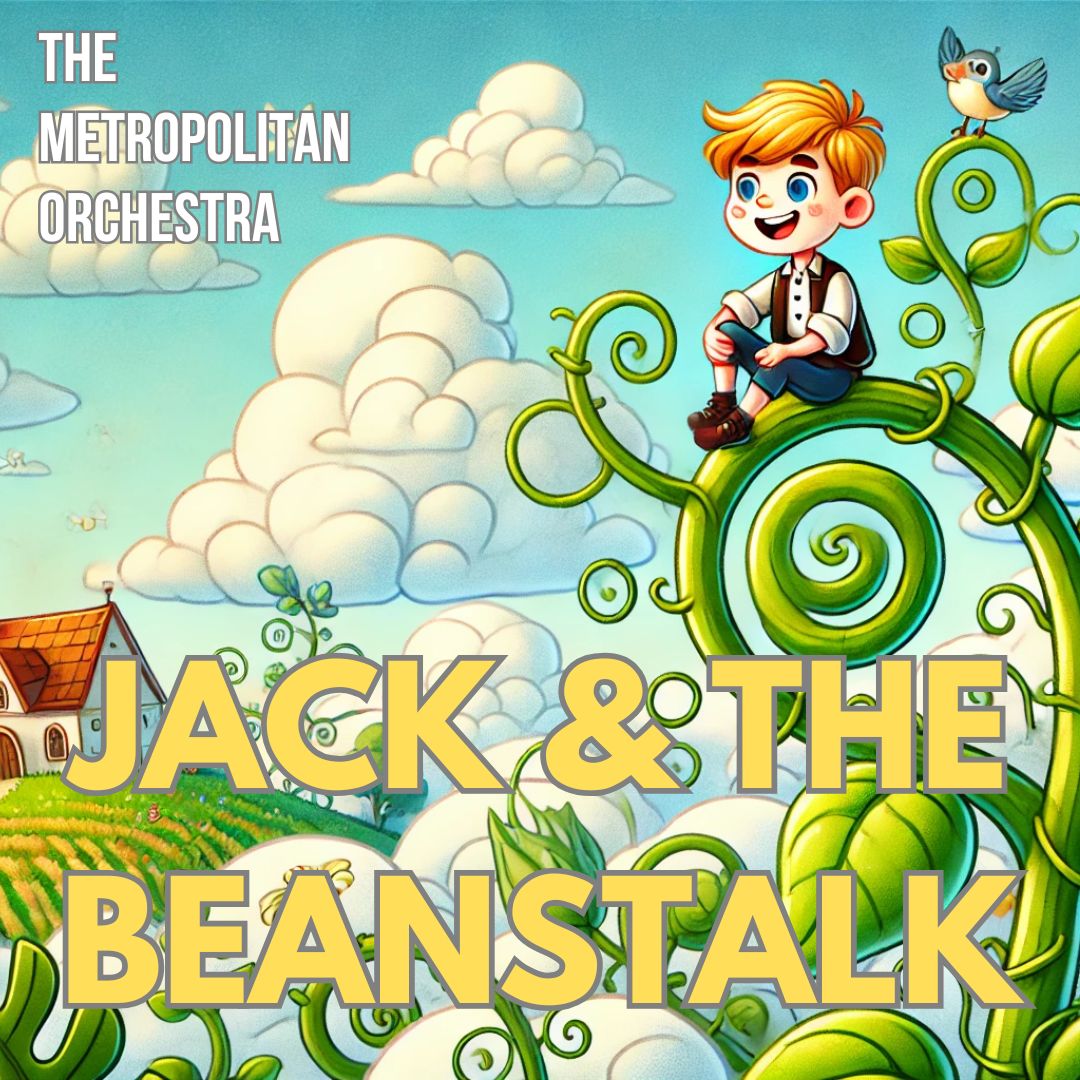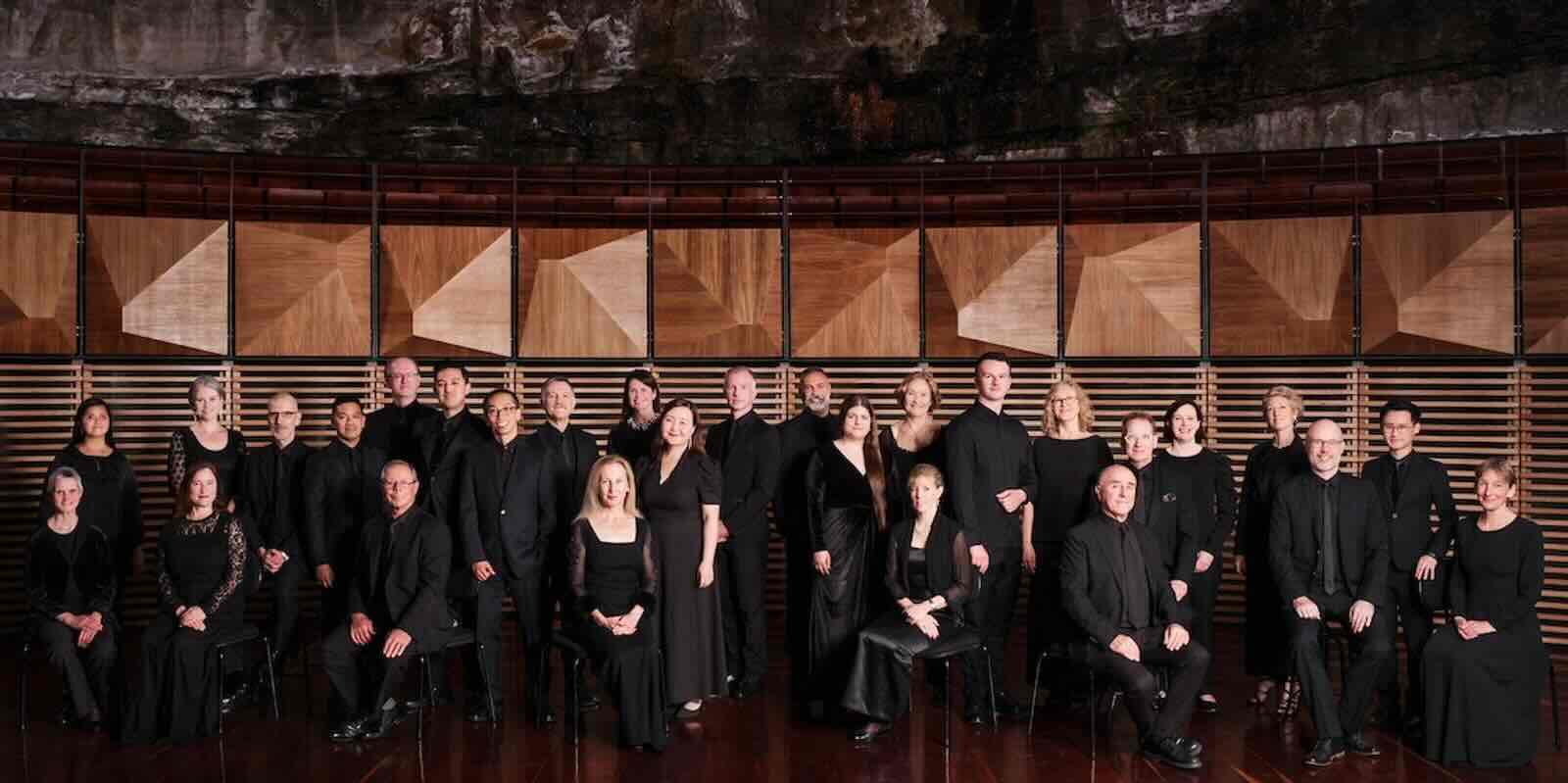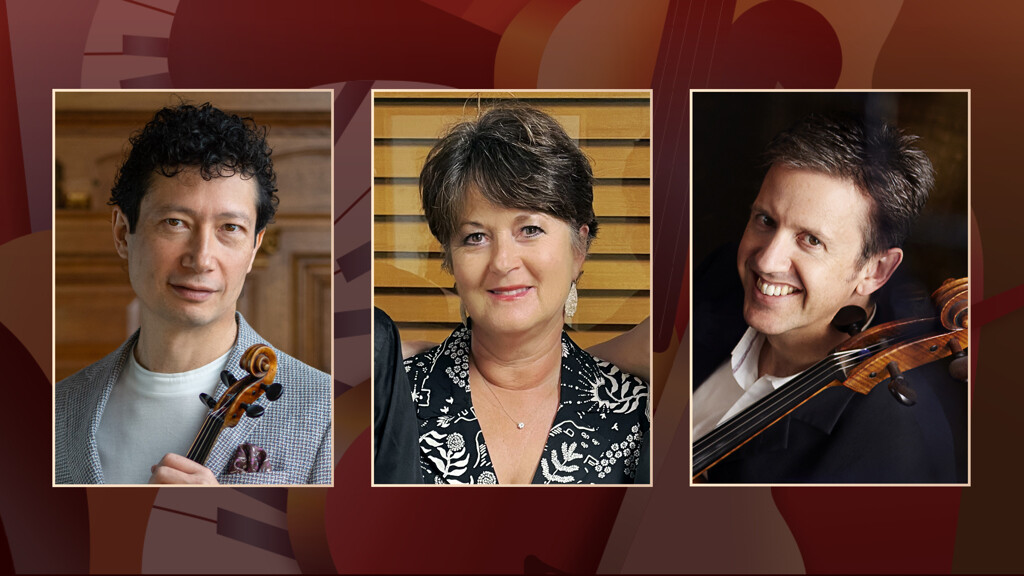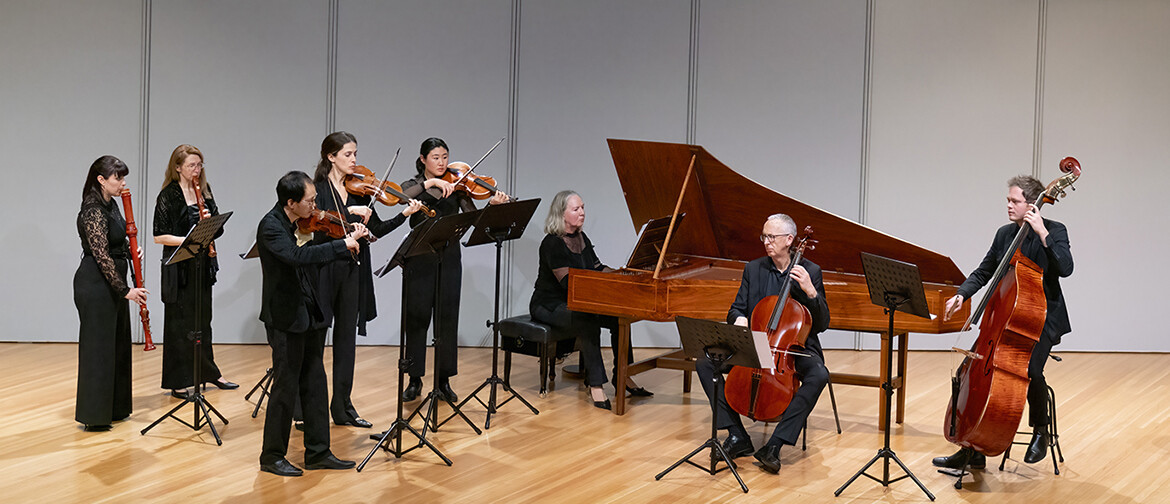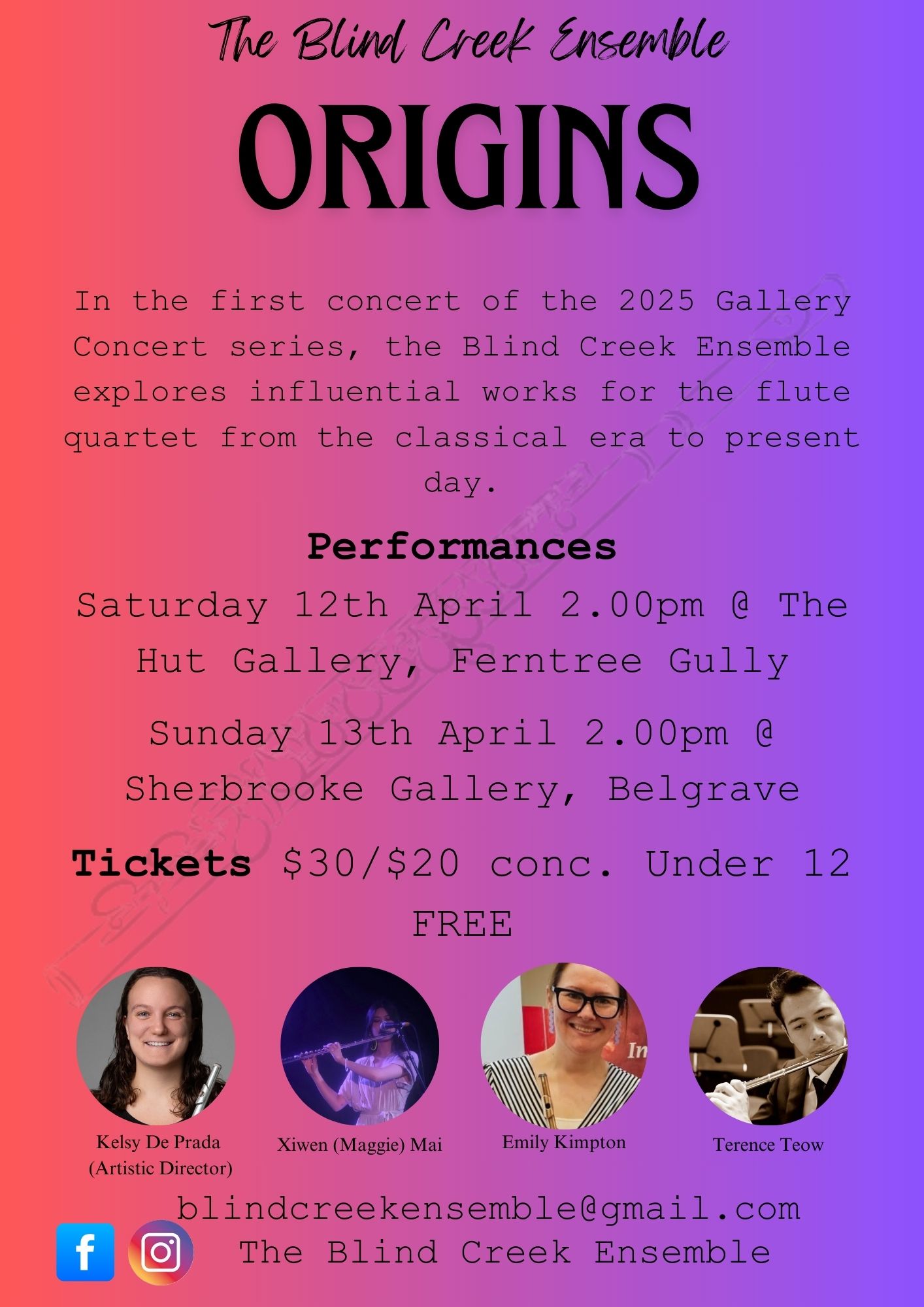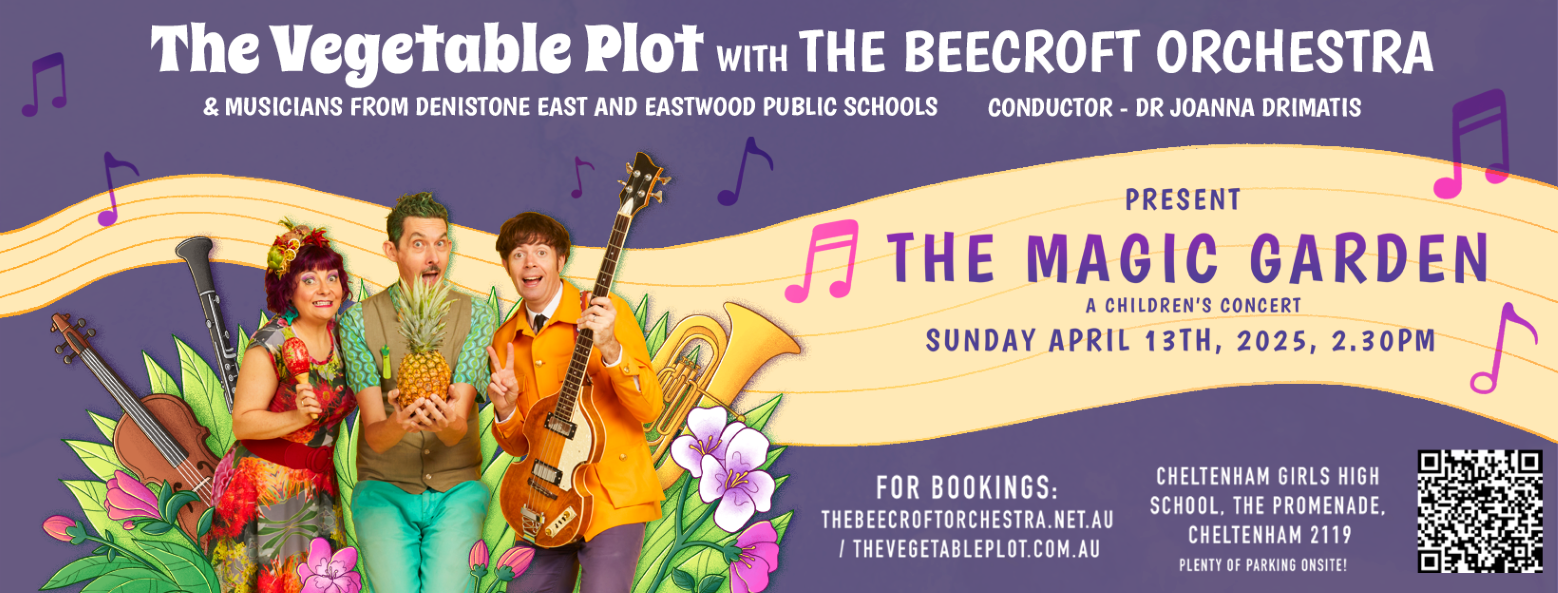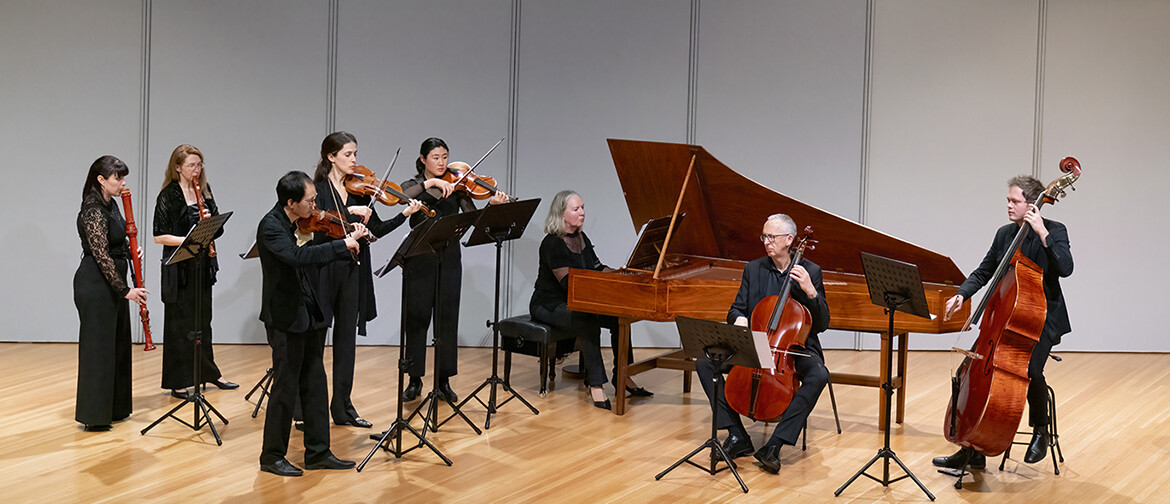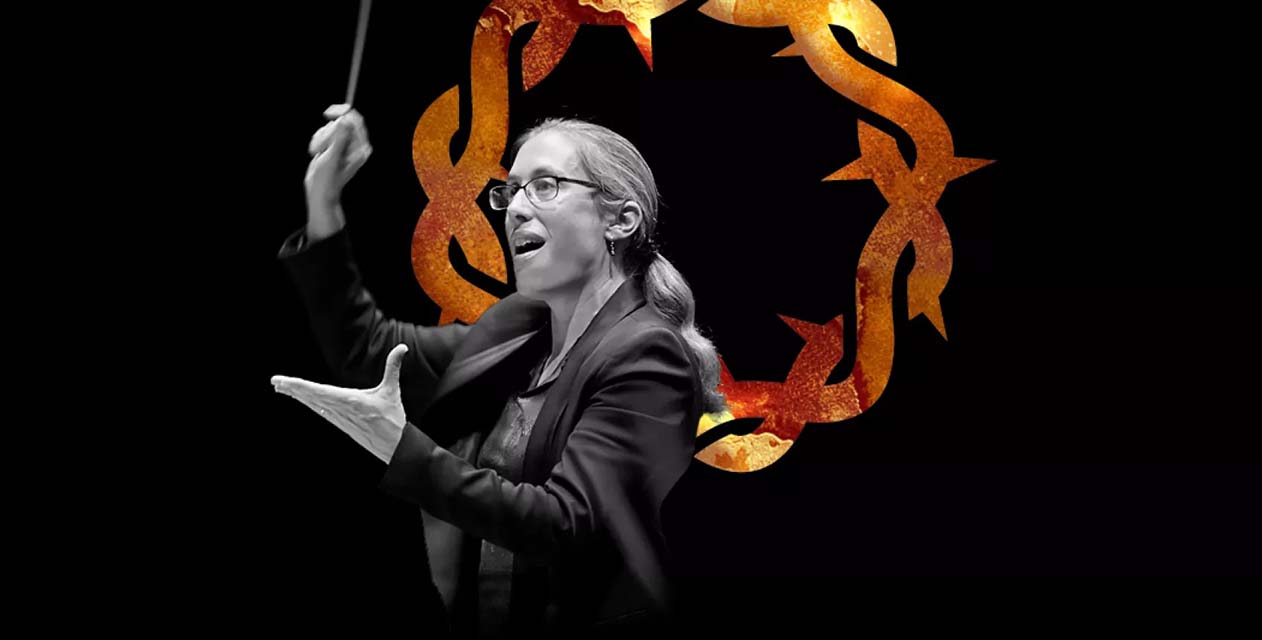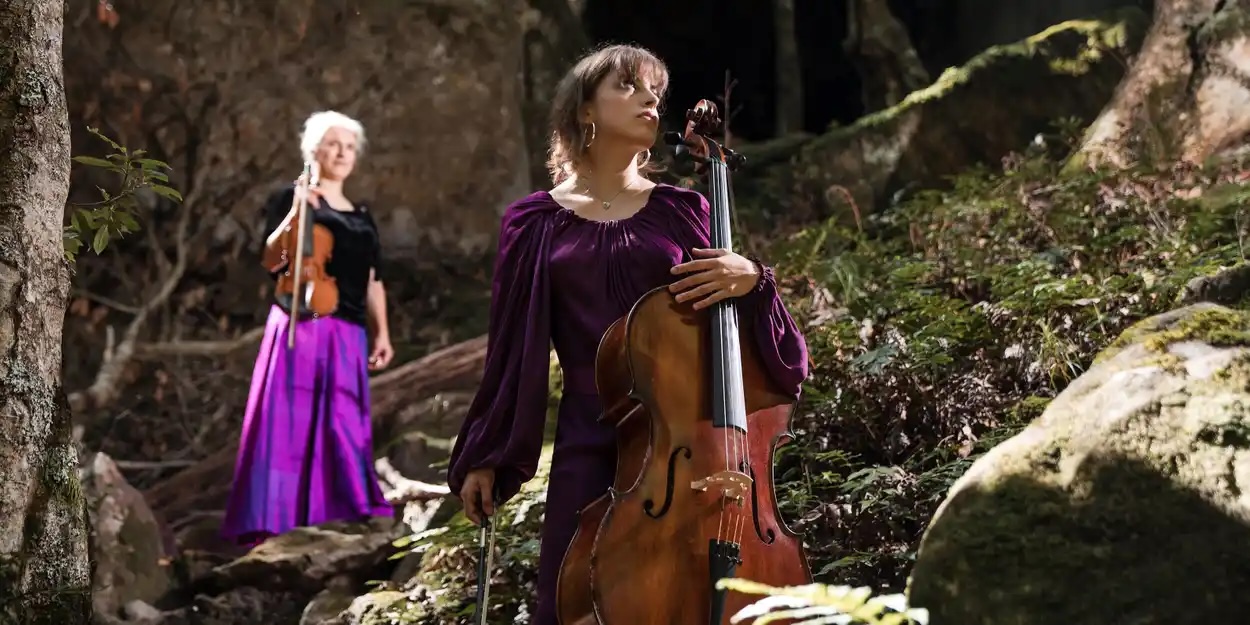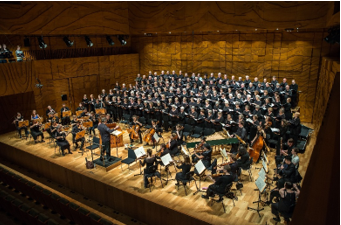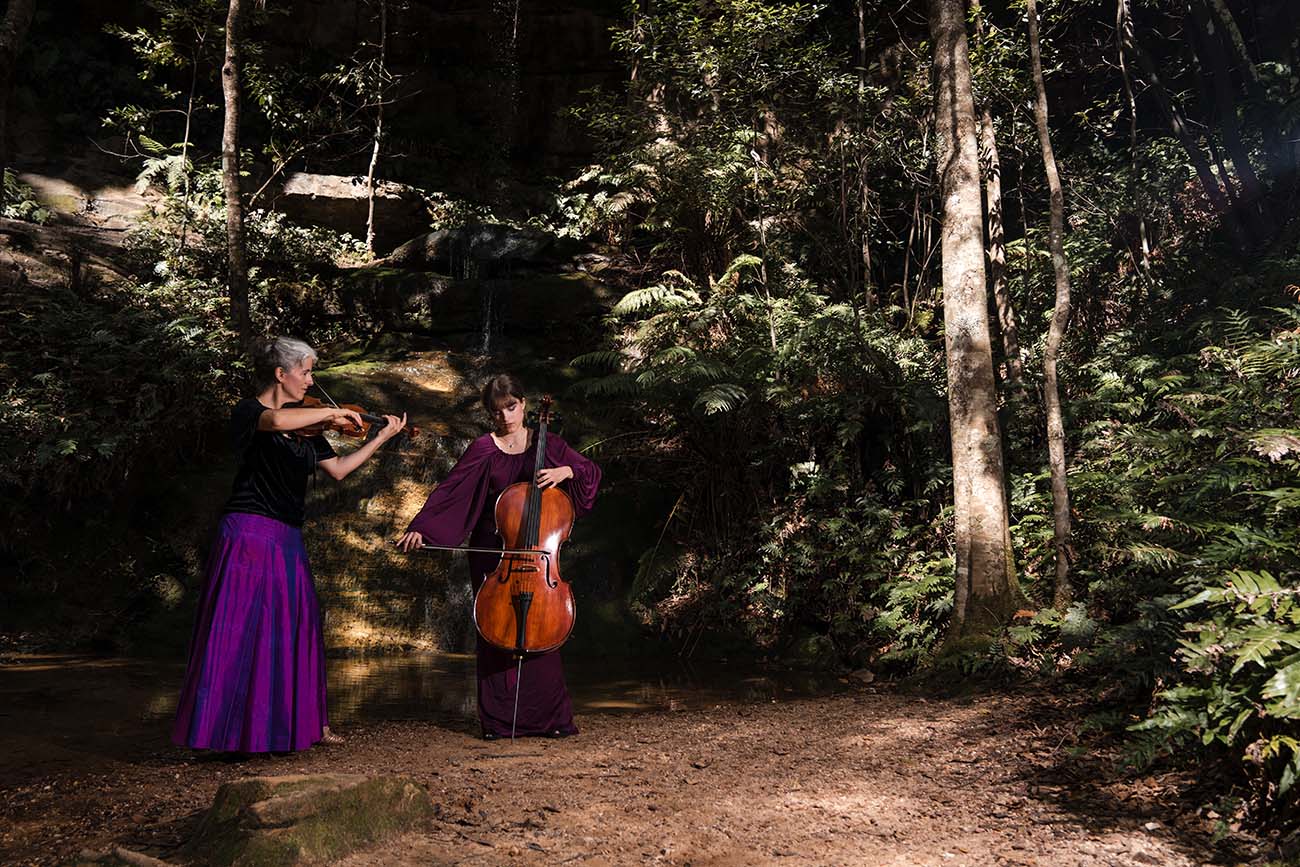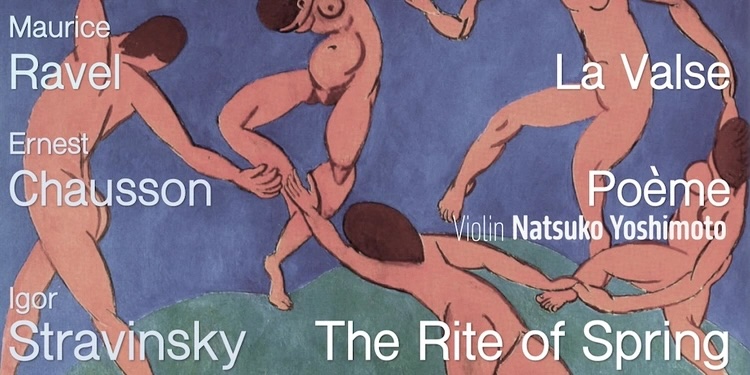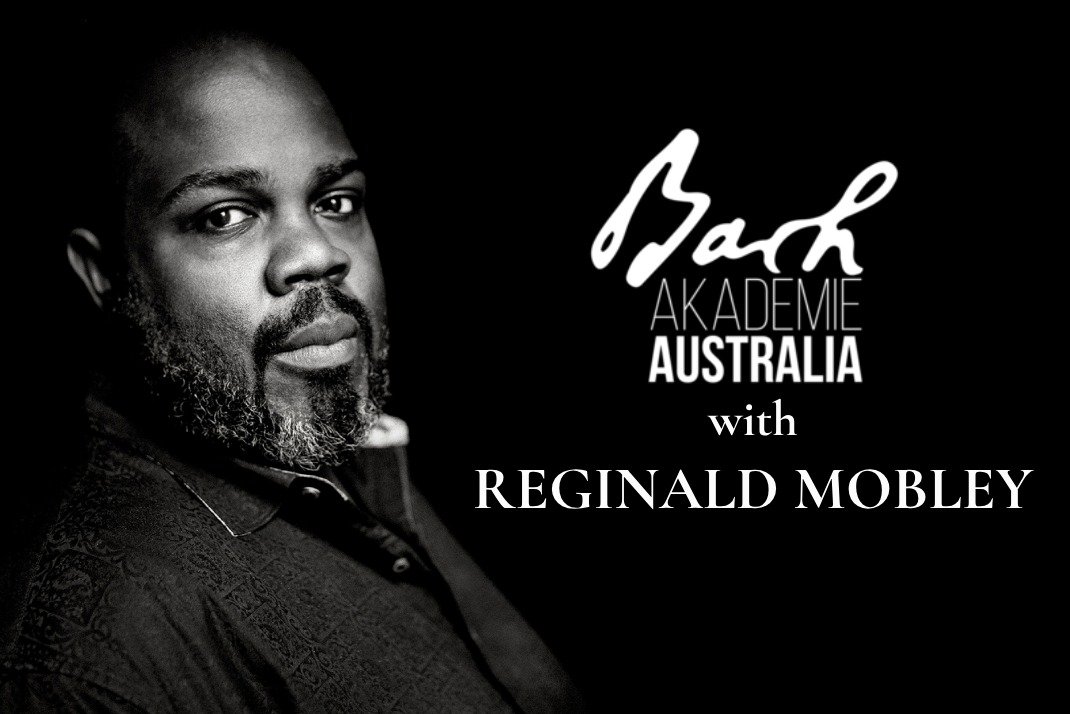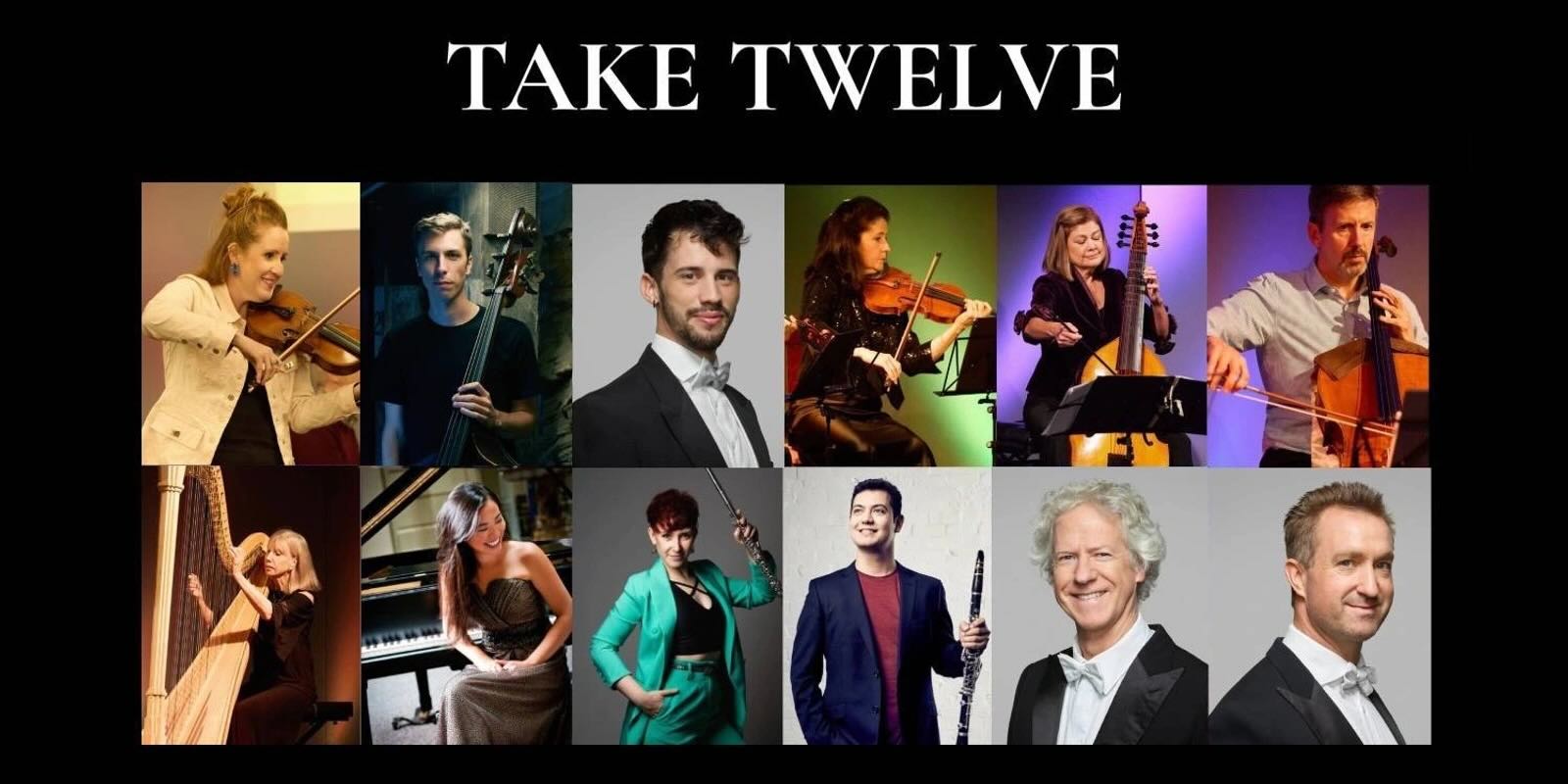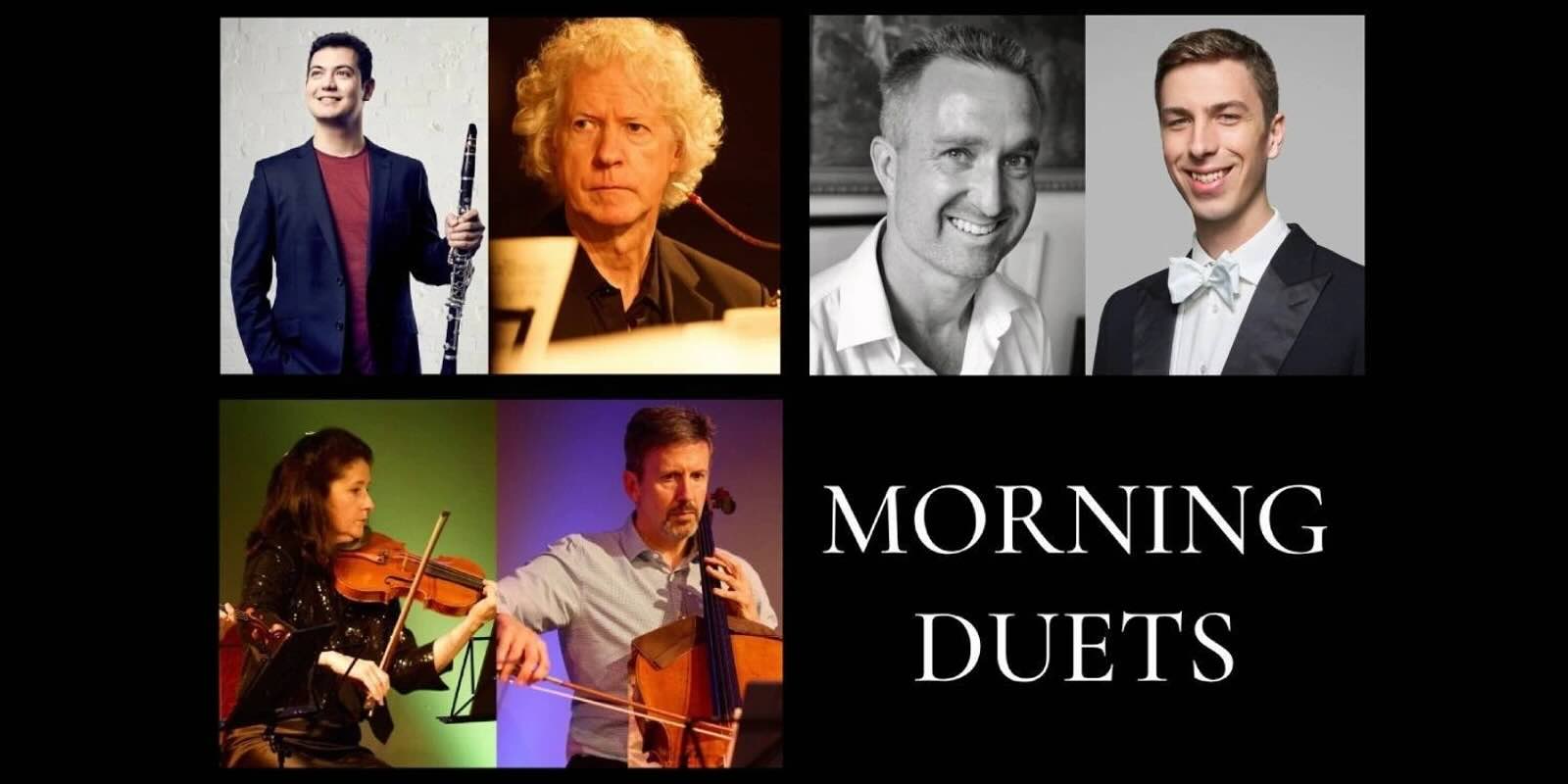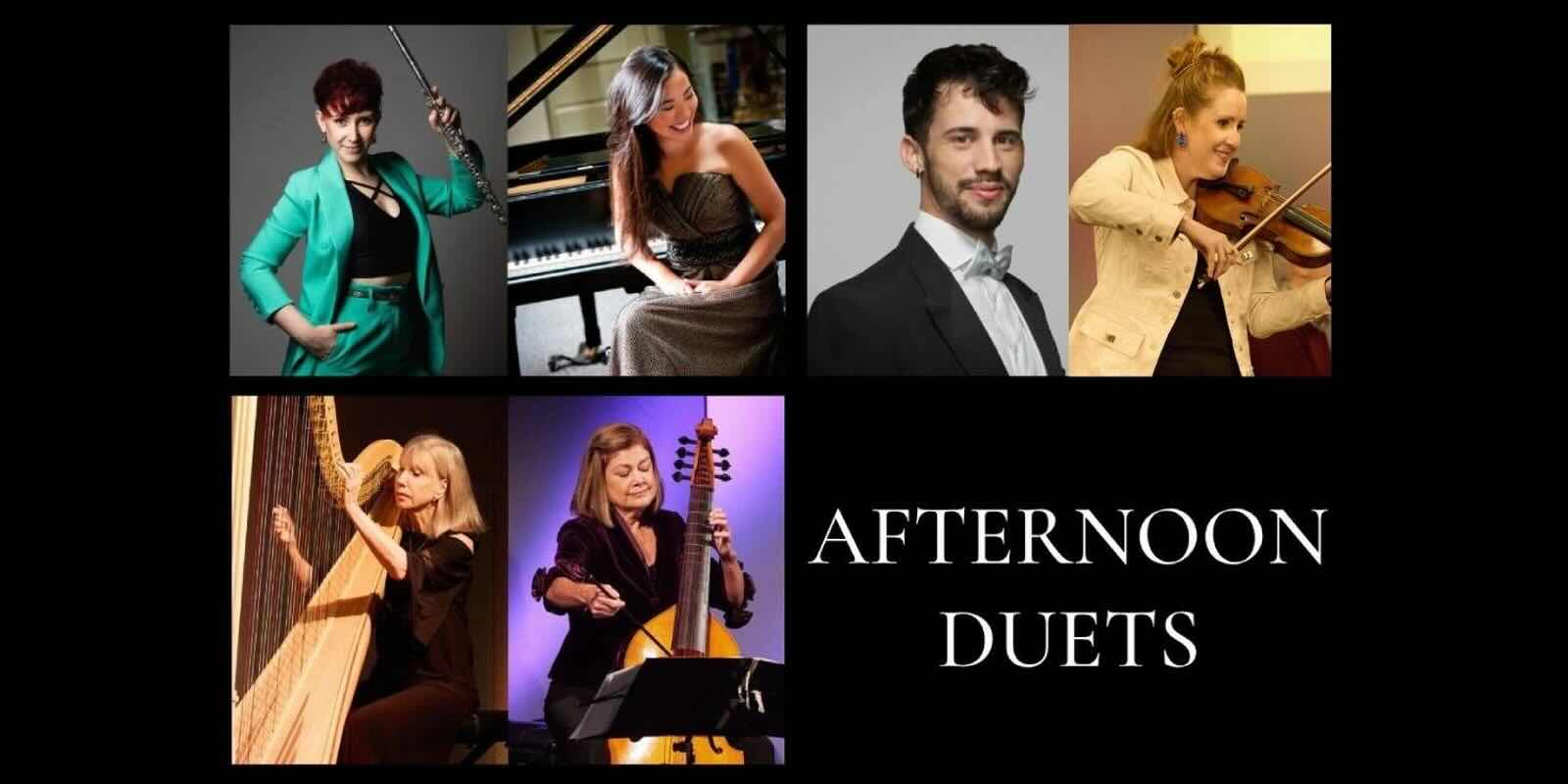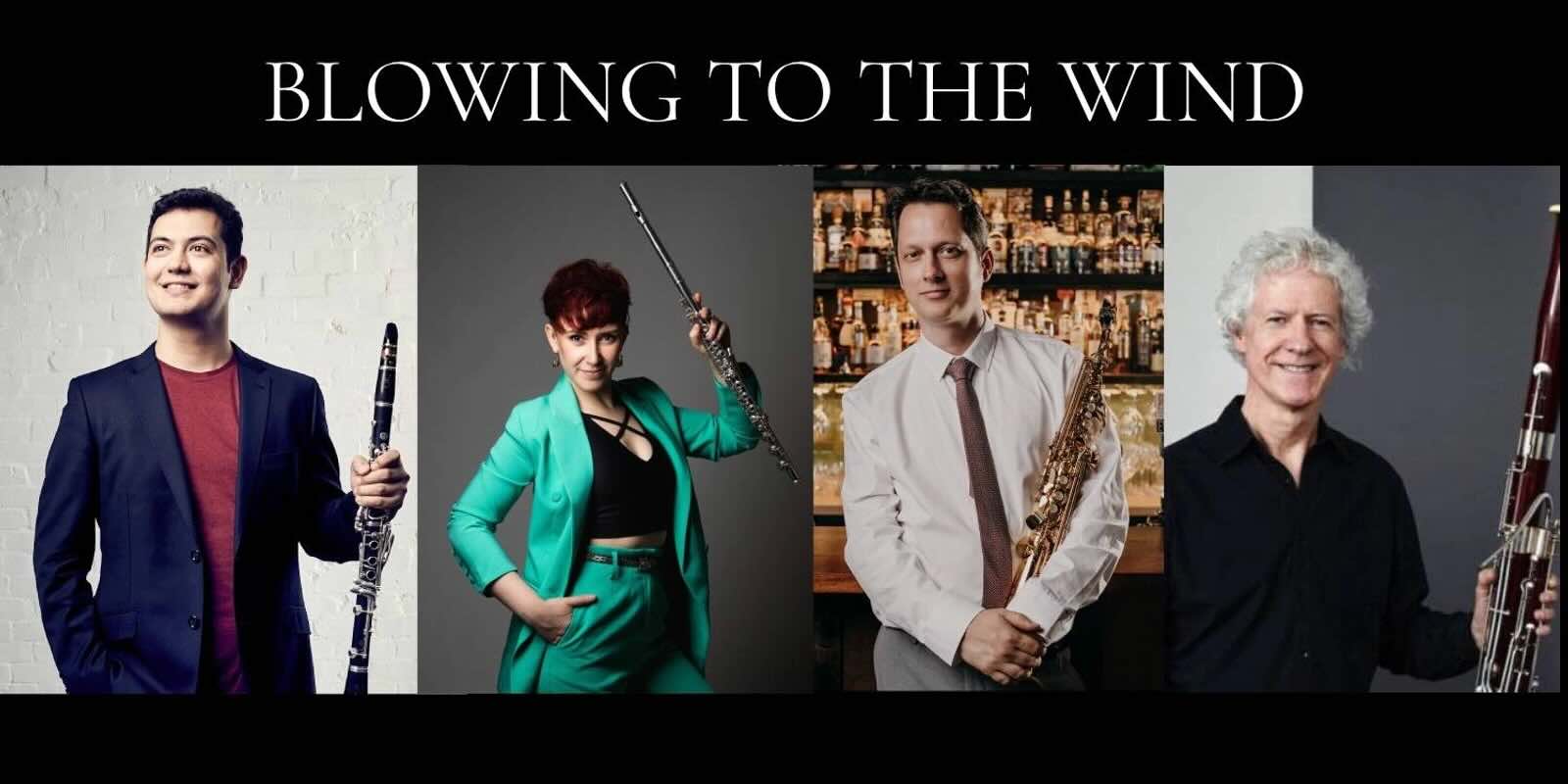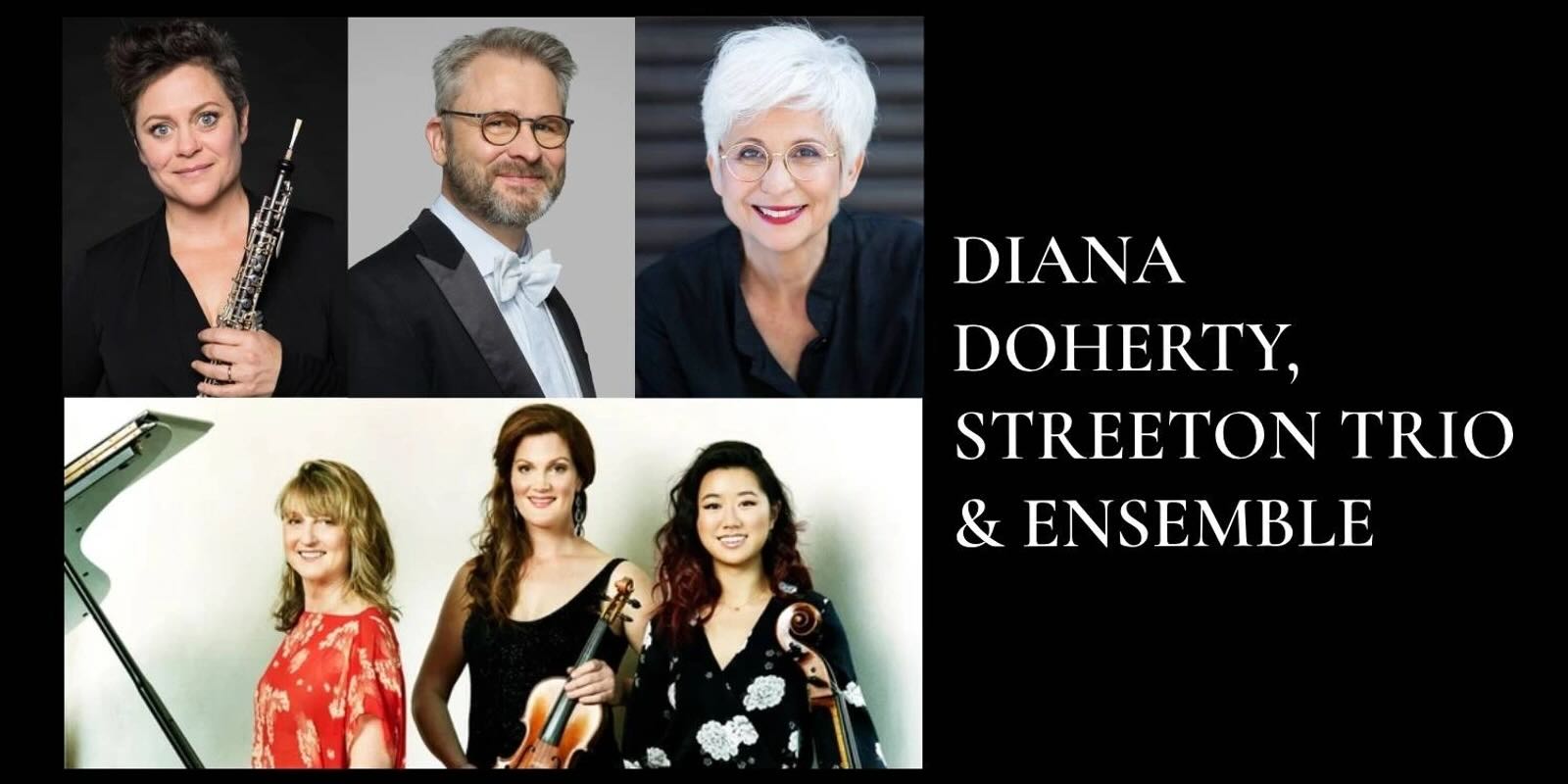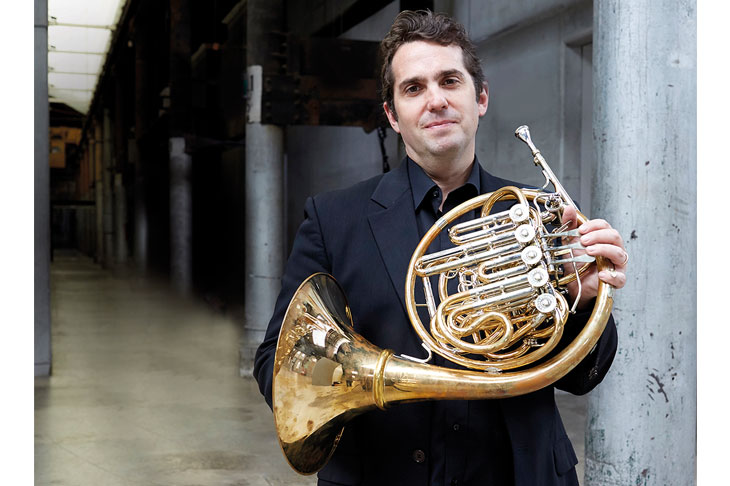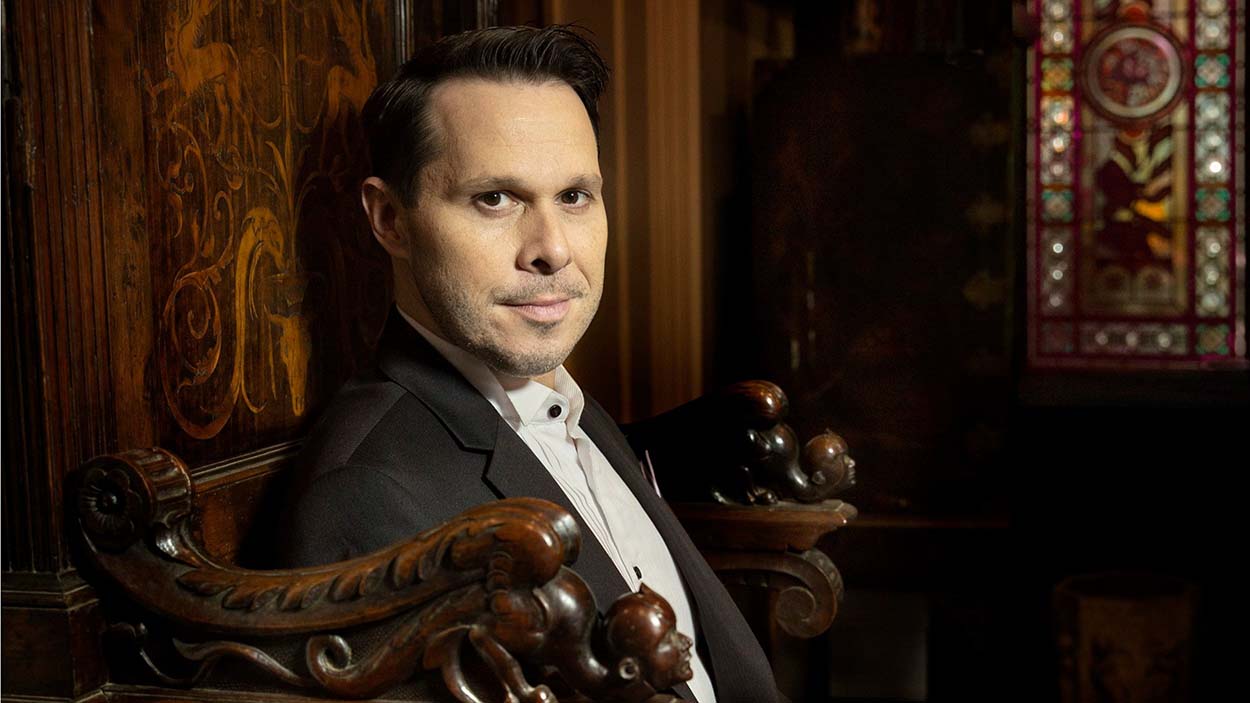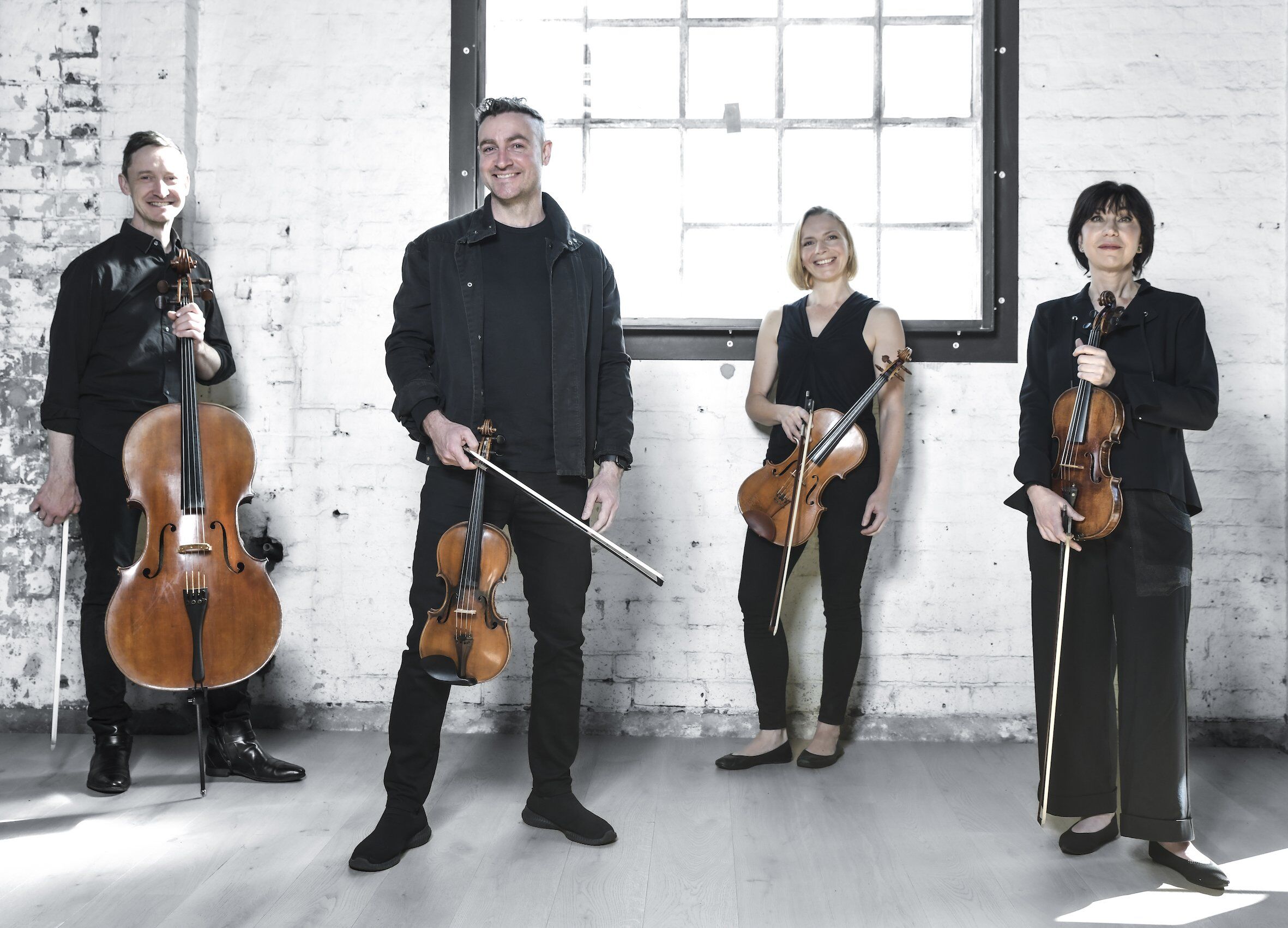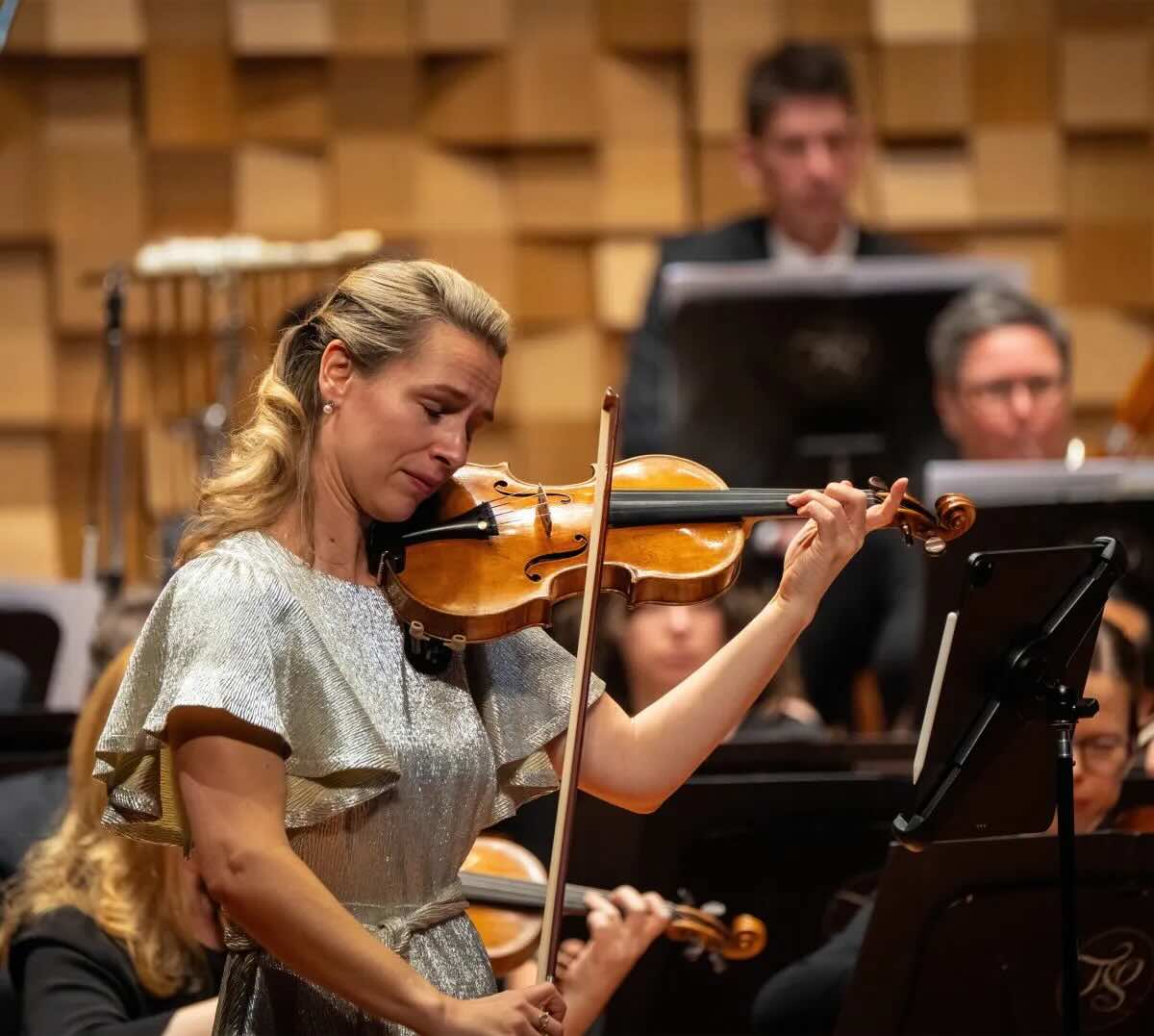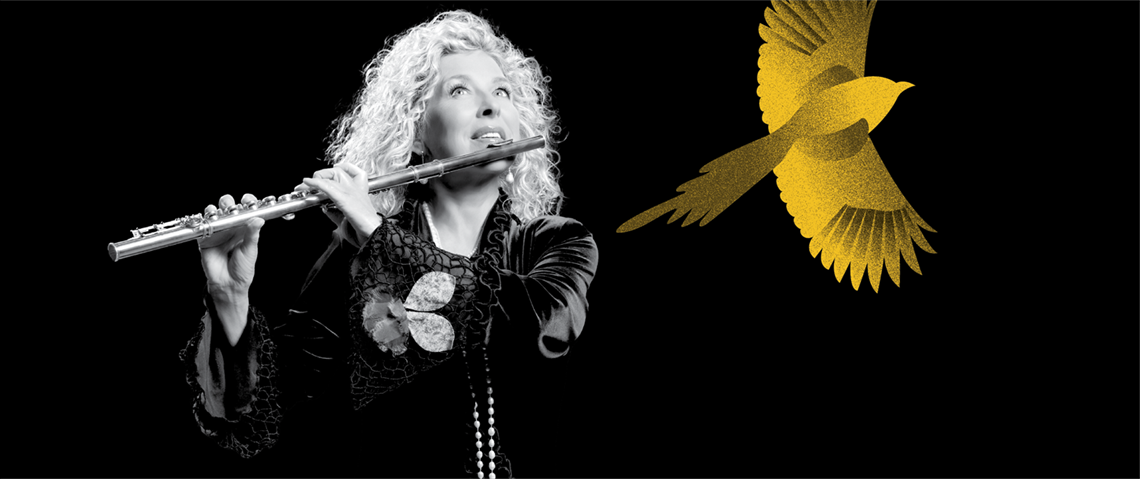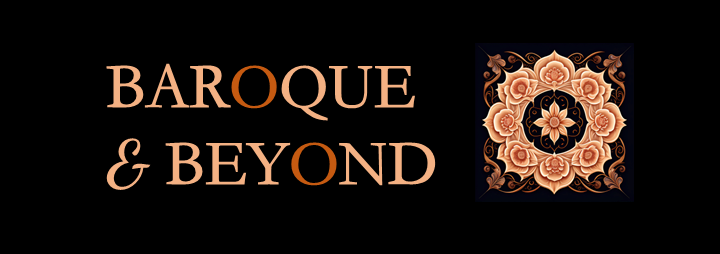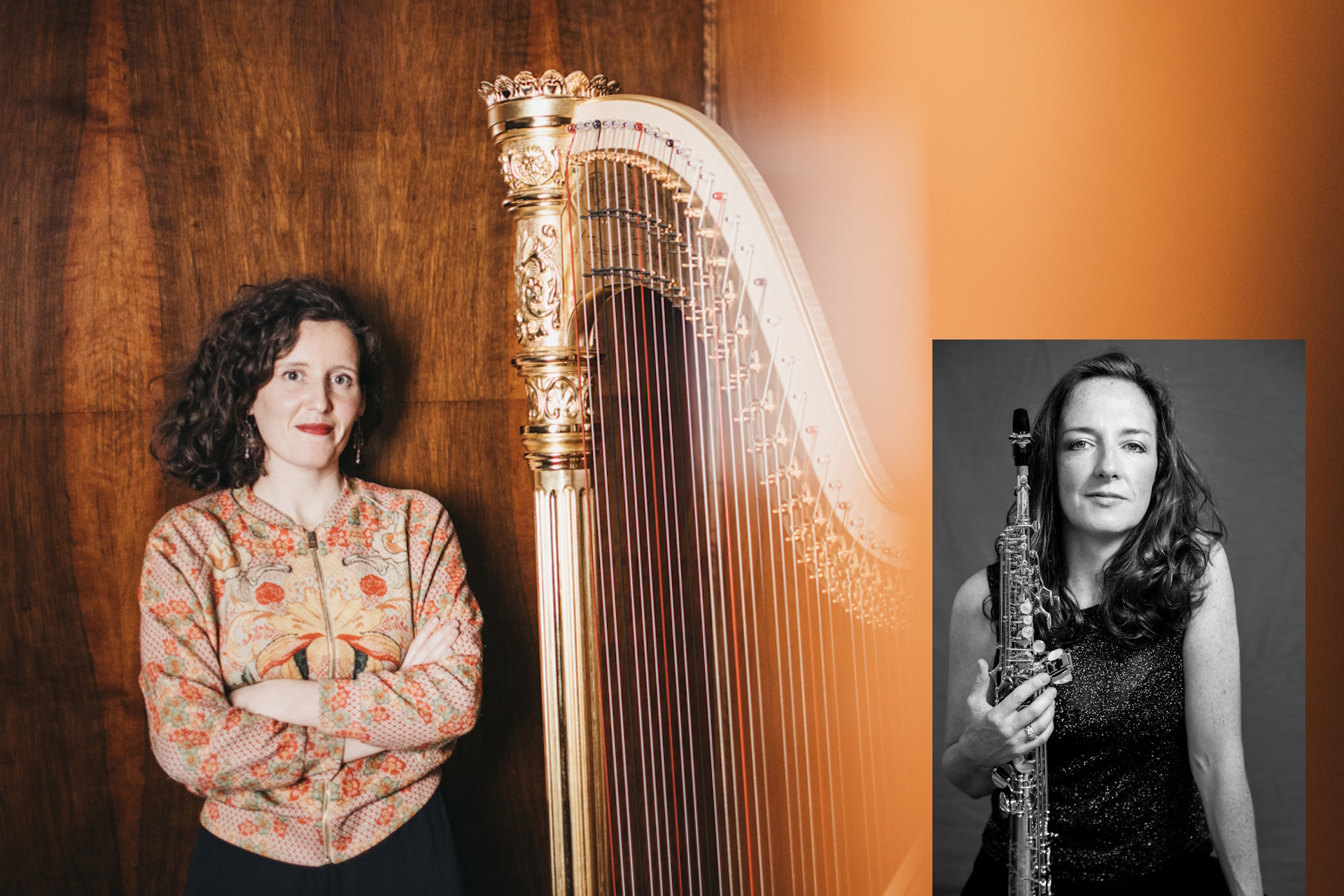Luminescence Chamber Singers | Gesualdo Tenebrae
22 March, 2025, Braidwood Uniting Church, NSW
AJ America – mezzo soprano/artistic director
Lucien Fischer – baritone
Rachel Mink – soprano
Jack Jordan – Tenor (Guest artist)
Alasdair Stretch – bass
Dan Walker – tenor
Roland Peelman – director
In the intimate Braidwood Uniting Church, where sunlight spilled through old glass and every pew was filled, Luminescence Chamber Singers offered a rare gift: Carlo Gesualdo’s Tenebrae Responsories for Maundy Thursday. Presented as part of the Braidwood Concert Series, this performance drew a record-breaking crowd – testament to both the growing reputation of the series and the magnetic pull of this extraordinary ensemble.
Braidwood, with its preserved colonial architecture and community spirit, felt like a fitting place for such a deeply reflective concert. A place where time slows down just enough to listen properly.
From the very first plainchant – Psalm 70, intoned by bass-baritone Alasdair Stretch and gradually joined by the four male voices – the atmosphere was one of solemn ritual. The program interspersed the responsories with plainchant readings from the Lamentations of Jeremiah which not only reflected the original Tenebrae structure, but also deepened the emotional pacing, allowing space for breath, reflection and descent.
The ensemble, under the guidance of Roland Peelman, delivered a deeply moving performance, with interpretive richness.

Gesualdo’s Responsories for Holy Week are notoriously difficult: jagged lines, wild chromatic shifts, and harmonies that lurch and twist, subverting expectation. As the program notes explain, “the harmonies move in unexpected directions… the vocal lines are asymmetrically drawn.” Nothing is safe, and that’s the point. These are motets built on betrayal, grief and the flickering edge of faith. They demand singers of virtuosity and insight – and Luminescence delivered.
The performance was intimate, even inward-facing at times, as if each singer was carrying their own private grief. This made the explosive moments all the more striking. In “Vos fugam capietis” (You will flee), the ensemble broke into sudden rapid motion, a wave of urgency, before slowing dramatically for “et ego vadam immolari pro vobis” (and I shall go to be sacrificed for you) – as if time itself were pausing for Christ’s surrender. Word-painting of the highest order.
Nowhere was this more harrowing than in the line “et in fine laqueo se suspendit” (and in the end he [Judas] hanged himself). The word “suspendit” emerged slowly, almost gasping. The singers drew it out with a dreadful tenderness, the line seeming to hang, literally and musically, in midair. It was one of the most excruciating and effective interpretations I’ve heard: an audible death rattle, fading breath, a body suspended.
There were other moments of great beauty. “Et dolores nostros ipse portavit” (And our grief he has borne) came not as gentle consolation but as a guttural cry, a raw expression of collective anguish. It called to mind the dense lament of Purcell’s Hear My Prayer, O Lord. Though Purcell likely never knew Gesualdo’s work, both composers shared a love for text-driven expression and chromaticism, used to evoke grief, anguish, and transcendence.
In “non habentem speciem” (He has no form), Gesualdo gave us a soundscape of formlessness, descending, disjointed, like beauty drained from the world, the music dissolving underfoot.
This is where Peelman’s artistry shone. Conducting seated, he never drew attention, yet every detail – every whispered entry, every dissonant shimmer – felt shaped by a profound understanding of the material. I am fairly sure that no dynamics would have been marked in Gesualdo’s score, so this music lives or dies by interpretation. Luminescence chose life – and darkness.
The ensemble’s sound was resonant, raw and edgy at times, and also capable of velvety warmth which suited this music well – not pristine, but human. Fallible, aching.
It is easy to forget how radical this music was, and still is. The texts surrounding Judas are not merely theological: they are studies in intimate heartbreak. The kiss of betrayal, the fall from grace, the darkness that follows. Judas, like Gesualdo himself, who notoriously violently murdered his wife and her lover, becomes not a villain but a mirror of torment. These motets sing not only of Christ’s Passion but of human suffering at its most personal.
As the final Miserere gave way to silence, I was reminded that Tenebrae means darkness – plural. This music offers no easy redemption, just a single remaining flame and a prayer. In a tiny church, in a heritage town, six voices dared to enter that shadow, and brought us with them.



